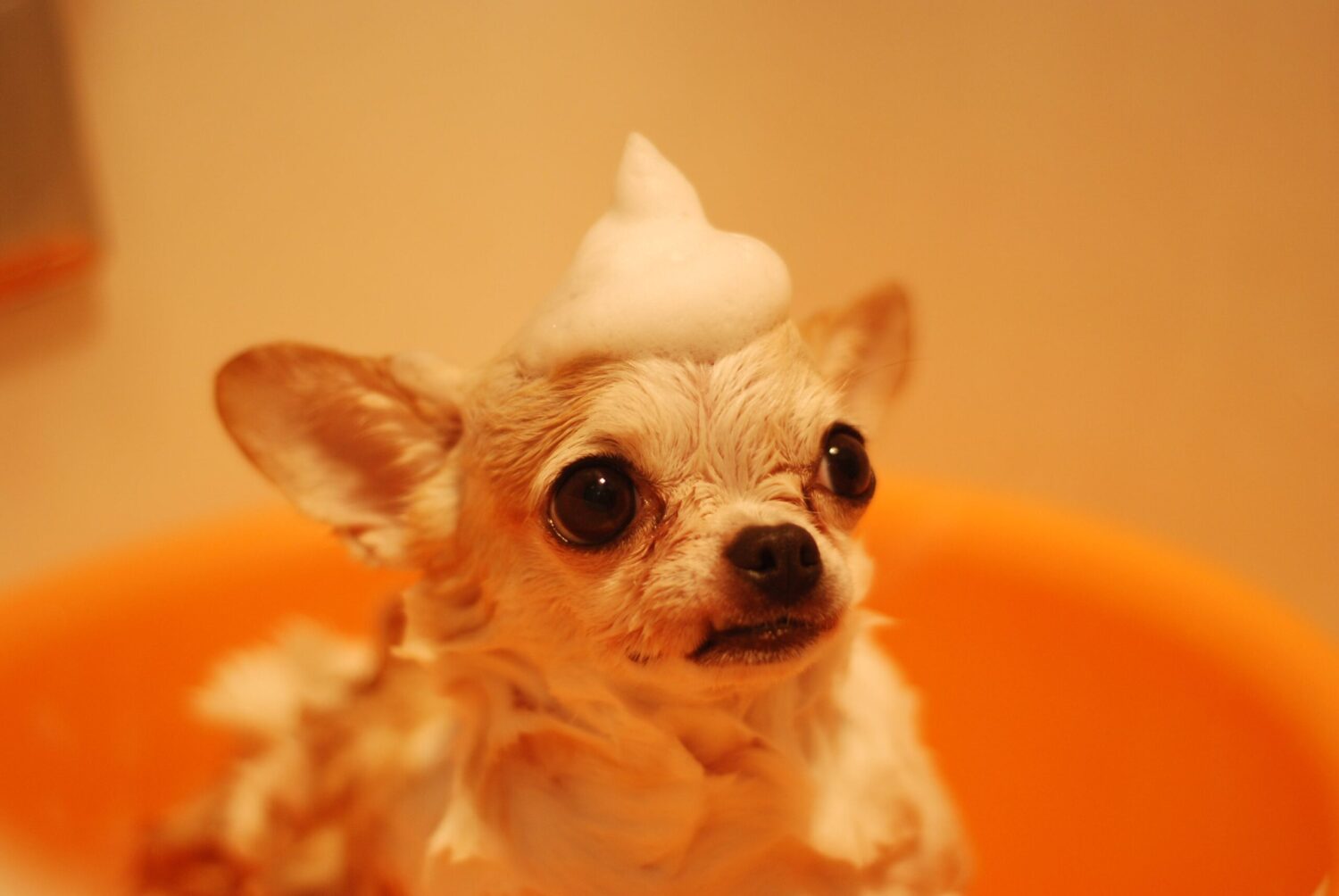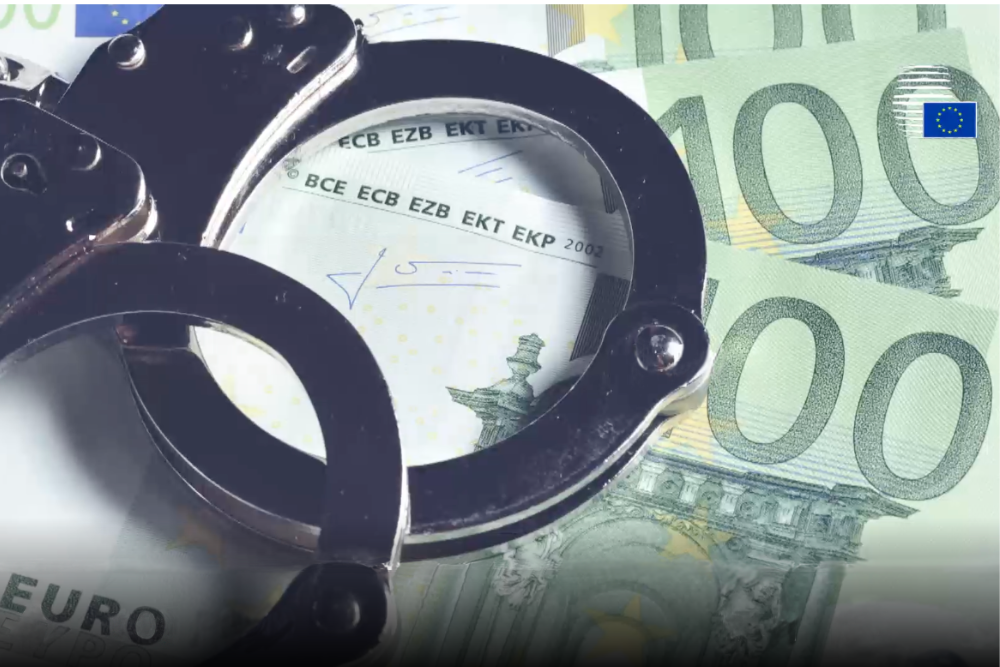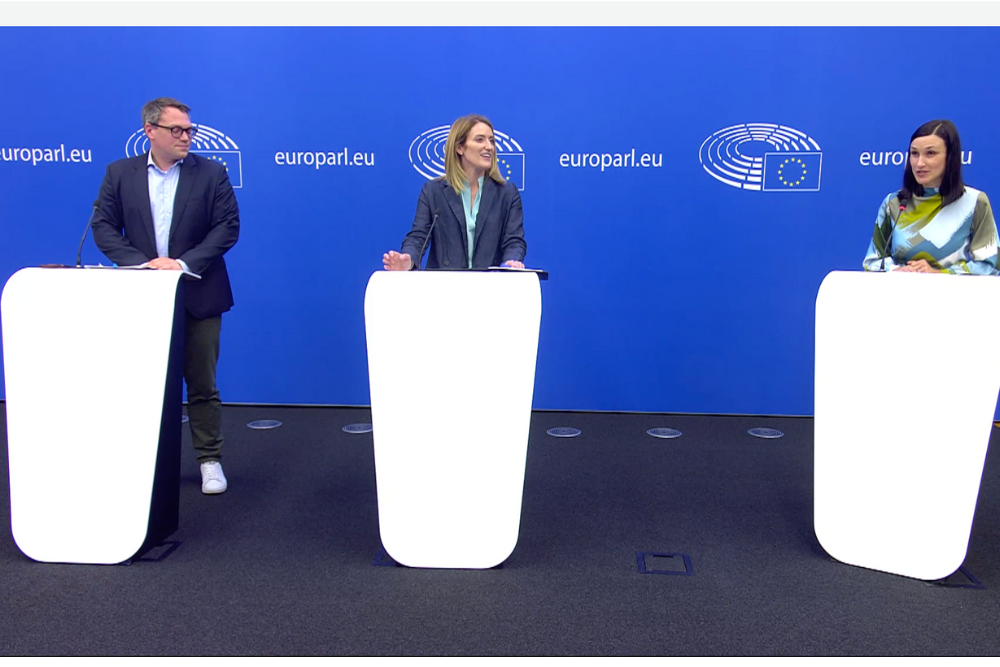You come home after a long day at work and your dog greets you at the door – tail wagging and sloppy kisses. You smile, grateful for this kind welcome. And then your gaze goes slightly to the sides. To the pillows you bought last week, which are now strewn across the floor with stuffing everywhere… Next to them rest your new sneakers, also torn, and your favorite sweater, which has clearly been used as your dog’s bed, is also among the remains.
If this tragic scene sounds familiar to you, then we hasten to reassure you – you are not alone! Many dog owners have promptly parted with some of their favorite possessions this way. Because a lot of pets tend to destroy things when they are alone. But why do they do it? The reason varies depending on the animal’s needs and temperament, but loneliness and boredom stand out as the most common motivating factors.
The root of behavior
According to Dr. Gregory Burns, a neuroscientist at Emory University in Atlanta, Georgia, dogs have the emotional and intellectual capacity of a small child. They are capable of affection and affection, but it is quite likely that they do not understand that when you leave the house, you will soon be back. Oppressed and stressed, they act by tearing and biting everything within their reach. Of course, not all quadrupeds react this way. That’s why veterinarians still aren’t sure why some pets tolerate loneliness better than others. Statistics show that adopted dogs are more prone to separation anxiety than those who have been with their owners since they were puppies. Separation anxiety usually occurs after changes in a dog’s usual routine and lifestyle, such as a new job that requires you to stay out of your home late.
It is also possible that your dog is simply bored. All four-legged friends, even the smaller breeds, need regular physical and mental activity. Our pets feel best when they have a regular schedule that includes a variety of games, exercise and socialization. This, of course, varies by breed. But in any case, a dog that hasn’t had enough of these things may try to get what it needs in less constructive ways.
Behavioral encouragement
The dog has no way of telling you if it’s feeling bored or anxious, so it’s your job as its owner to try to understand what it’s trying to show you through its behavior. If you think his schedule needs more activity, try this first. Don’t forget to direct him to the toys while you’re there, too, so he can figure them out on his own when you’re gone.
Sometimes you may think you’ve done everything you can to keep your dog from exhibiting destructive behavior in your absence. You took him for a long walk, you paid attention to playing and cuddling, to eating and treats… So far so good! But as soon as you grab your keys, your pet seems on command to become nervous. Professional dog trainer Karin Lyles of Toronto shared with PetMD that sometimes dogs look for signs that their owners are about to leave them, and they stress them out.
Sometimes something as simple as picking up the keys or putting on your shoes in the other room can break the connection the animal is making and prevent it from associating these actions with you leaving.
Even if you’re sure you know what’s causing your pet to destroy things in your absence, it’s a good idea to discuss it with your veterinarian. The specialist’s professional experience will help you understand if the animal’s behavior shows the beginnings of separation anxiety, restlessness or boredom.
Whatever the problem may be, remember that fixing it will take time. And during this process, you should not forget that your pet does not destroy your favorite things maliciously. It is trying to express its emotional state – be it boredom or anxiety, neither of which will go away if you punish it afterwards.
Redirect him, give him alternatives, but try not to yell or try to make him feel bad.
Photo by nishizuka: https://www.pexels.com/photo/brown-chihuahua-485294/











